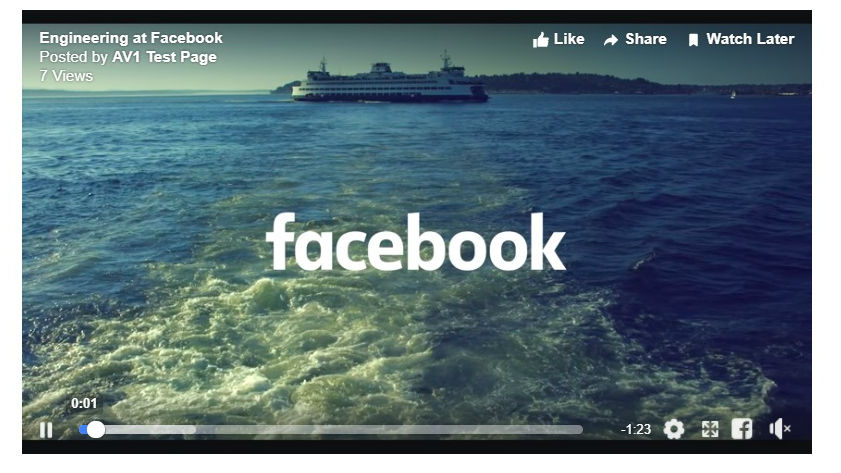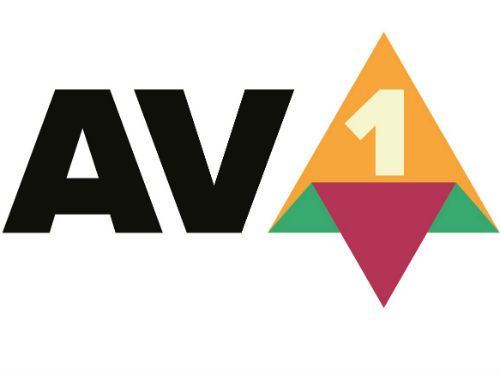Facebook Video Streams in AV1 Support
The smarter way to stay on top of the multichannel video marketplace. Sign up below.
You are now subscribed
Your newsletter sign-up was successful

Facebook has moved a step forward with its support for AV1, the royalty-free codec that aims to deliver bandwidth efficiencies that are about 30% better than current-gen codecs such as HEVC and VP9.
Facebook, which recently claimed to have produced bit-rate efficiencies of 50% in AV1 benchmark studies, announced in this blog post that it has added trial support for the new format to Facebook video. Facebook timed the announcement with this week’s Video@Scale event.
Facebook: Tests Show AV1 Streaming Performance is Exceeding Expectations

The AV1 video trial, Facebook noted, “allows engineers and the general public to view sample AV1 content today.”
RELATED: Royalty-Free AV1 Codec Turned Loose
For the test, Facebook is delivering AV1-encoded video over MPEG-DASH on Chrome Canary, an experimental version of the Chrome browser. The initial trial is using an earlier version of AV1, but Facebook plans to switch to the official AV1 release version once major web browsers such as Chrome and Firefox have implemented the new codec.
Facebook also points out that AV1 has some caveats today, as it requires longer encoding times than current alternatives because of the increased complexity.
The smarter way to stay on top of the multichannel video marketplace. Sign up below.
To help to overcome the slow performance of the AV1 encoder, Facebook said it used a “segment-based encoding approach” that splits the video into smaller segment files.
“In the context of distributed video encoding and processing, per-segment tasks are executed in parallel for every video segment of a given input video so that it allows us to speed up the overall AV1 encoding almost linearly with the number of tasks allocated to the encoding cluster,” Facebook engineers Daniel Baulig and Yu Liu noted, along with steps to take to view AV1-encoded sample videos on Facebook.
Initial AV1 implementations of AV1 will be done in software, with support on chips and other hardware expected to be another two years out.
